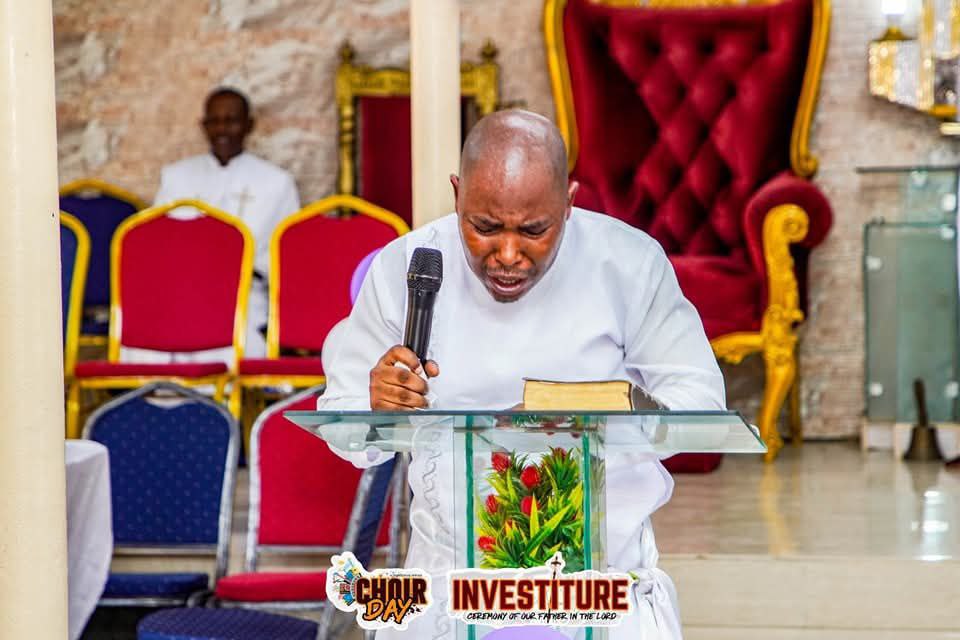🔰 Introduction
The Book of Acts concludes Luke’s two-part account of Jesus’ ministry and its continuation through the apostles. Unlike the Pharisees, who spoke without living the truth, Jesus did and taught. After His resurrection, He spent 40 days teaching about the Kingdom of God—a message that remained consistent throughout Acts. This final session tied together lessons from the apostles’ ministry, emphasizing the spread of the gospel, the role of the Holy Spirit, and the unchanging foundation of salvation by grace. The focus was clear: the Kingdom of God, not human prosperity or ambition.
📖 Teaching Highlights
1. Acts as the Continuation of Jesus’ Work
-
Acts records what Jesus began to do and teach—His work continues through the Spirit-empowered church.
-
The Kingdom of God, not prosperity, was His central message.
2. The Spread of the Gospel
-
Acts 1:8 outlines the gospel’s movement: Jerusalem → Judea → Samaria → ends of the earth.
-
Two main phases: Peter’s ministry to the Jews (Acts 1–12), Paul’s ministry to the Gentiles (Acts 13–28).
-
Cornelius’ conversion (Acts 10) marked the door of faith opening to the Gentiles.
3. Miracles Point to Jesus, Not Men
-
Both Peter and Paul redirected glory away from themselves to Christ.
-
Miracles were signs of the Kingdom, not tools for wealth or popularity.
-
Warning against modern misuse of miracles for profit or self-promotion.
4. Salvation by Grace, Not Works
-
The Jerusalem Council (Acts 15) affirmed Gentiles receive salvation by faith alone.
-
Ephesians 2:8–9: salvation is a gift, not of works or rituals, lest anyone should boast.
-
No payment, circumcision, or ritual can replace the grace of Christ.
5. Five Core Lessons from Acts
-
Follow the Holy Spirit’s direction – every major step in Acts was Spirit-led.
-
Preach Jesus alone – not prosperity, not self-promotion.
-
Work in unity – no Jew/Gentile divide in Christ.
-
Reject love of money – leaders resisted monetizing the gospel.
-
Prioritize outreach – evangelism was central, unlike today’s endless programs.
6. Discipleship vs. Membership
-
The early church raised disciples, not casual members.
-
Paul mentored Timothy, showing that true growth requires discipleship.
-
Example: Paul and Silas in prison—evangelism thrived even in hardship, leading to the salvation of the jailer’s family.
7. False Teachers & Warnings
-
Spiritual manifestations are not always from God.
-
Examples: Elymas the sorcerer (Acts 13), the girl with a spirit of divination (Acts 16).
-
Lesson: Believers must walk in discernment and test every spirit.
8. Paul’s Example of Faithfulness
-
Even under arrest, Paul kept preaching Jesus and the Kingdom (Acts 28:30–31).
-
He never pursued wealth or comfort—his sole mission was Christ.
-
Matthew 7:21–23 warns that not all miracle-workers belong to Christ—true discipleship requires obedience.
📌 Reflection Points
-
Am I preaching Christ or self?
-
Do I rely on the Spirit’s leading or my own wisdom?
-
Is my Christian walk focused on discipleship or mere attendance?
-
Do I discern the difference between true and false teachings?
-
Am I willing to remain faithful even under trials like Paul?
📌 Takeaway
The Book of Acts teaches that the church’s mission is to live and spread the Kingdom of God through the power of the Holy Spirit. Miracles, unity, discipleship, and evangelism are tools—not ends in themselves. The foundation of faith remains: salvation by grace through faith in Christ alone. Every believer is called to remain Spirit-led, Christ-centered, and faithful in witnessing, no matter the cost.





